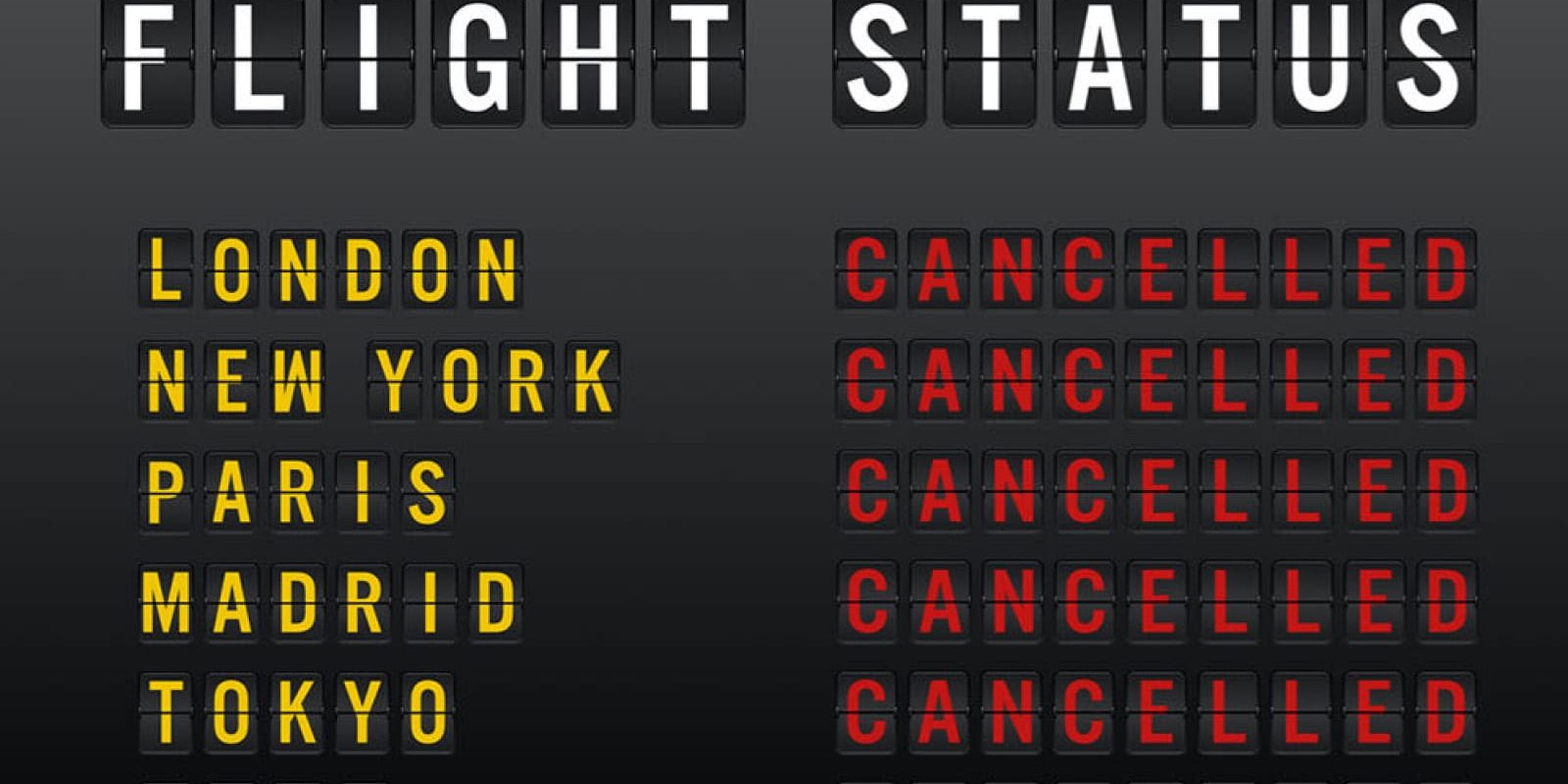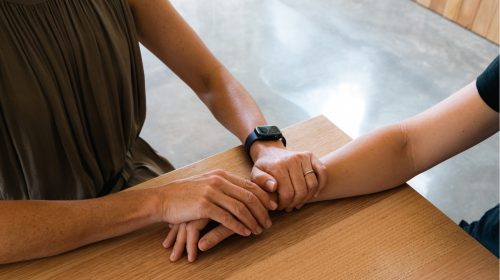5 tips for getting used to the new normal
Coronavirus has changed the way we operate in the world.
For those who thrive on the collective energy of an office, or look forward to the adventure of travel, the ‘new normal’ is creating personal and professional challenges.
It is now predicted that international travel to Europe and the United States may only be considered after 2022.
Meanwhile, with our frequent flyer card benched, and many workplaces affected by restrictions, many of us must adapt to a largely home-based work and life environment.
For some, this is proving to be more than a little challenging, but there are ways to successfully deal with being grounded in a post-COVID world.
1. Adjust your expectations
There is more than one way to be successful in life, and it’s those ways in which we need to demonstrate competency now.
Focussing on challenges, or joys other than those we have to do without, can help boost self-esteem and acceptance of our new routine.
Small accomplishments such as upskilling with an online course, or implementing a healthier diet and exercise regimen, can boost our sense of self-esteem and self-efficacy.
2. Get into the flow
Those who travel a lot become accustomed to the ‘space’ that sitting on a plane gives them, says career specialist and TEDx talker Edwin Trevor-Roberts.
However, even though we’re not checking in and boarding, we can recreate that feeling at home.
“Schedule some very focussed work, deep thinking, or professional development, that you find engaging,”
says Trevor-Roberts.
“This lack of distraction allows you to enter a state of flow.”
Popularised by positive psychologists Mihaly Csikszentmihalyi and Jeanne Nakamura, flow state describes a feeling where, under the right conditions, you become fully immersed in whatever you are doing.
3. Lead with empathy
While it’s important to have compassion for ourselves, leaders need to take time to check in with their team too.
Practicing mindful listening and giving others the chance to talk about how they feel can actually help anyone become a more effective boss.
For those who are part of a team, empathy can also create connection with colleagues, no matter how remote, and strengthen professional relationships.
4. Don’t get addicted to Zoom
Where appropriate, have meetings in person, with social distancing. Using the phone also gives you a chance to change your focus and move around the house, or office, rather than remaining stuck to your desk, says Trevor-Roberts.
“Simply changing focal length is important for relaxation.”
5. Get professional advice
Whether we need to download, or our team needs to work through issues, it’s smart to consult a professional, rather than turn to unhelpful, or even destructive, coping methods.
Research by the Australian Psychological Society suggests that 40 percent of Australians use alcohol as a coping mechanism.
However, experts say the secret of success is not escapism, or addiction, but protecting our physical and mental health and creating an alternate, self-efficacious ways of being.




